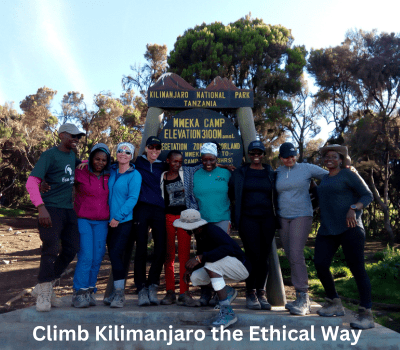Can a guide's experience level impact the success of the Climb?
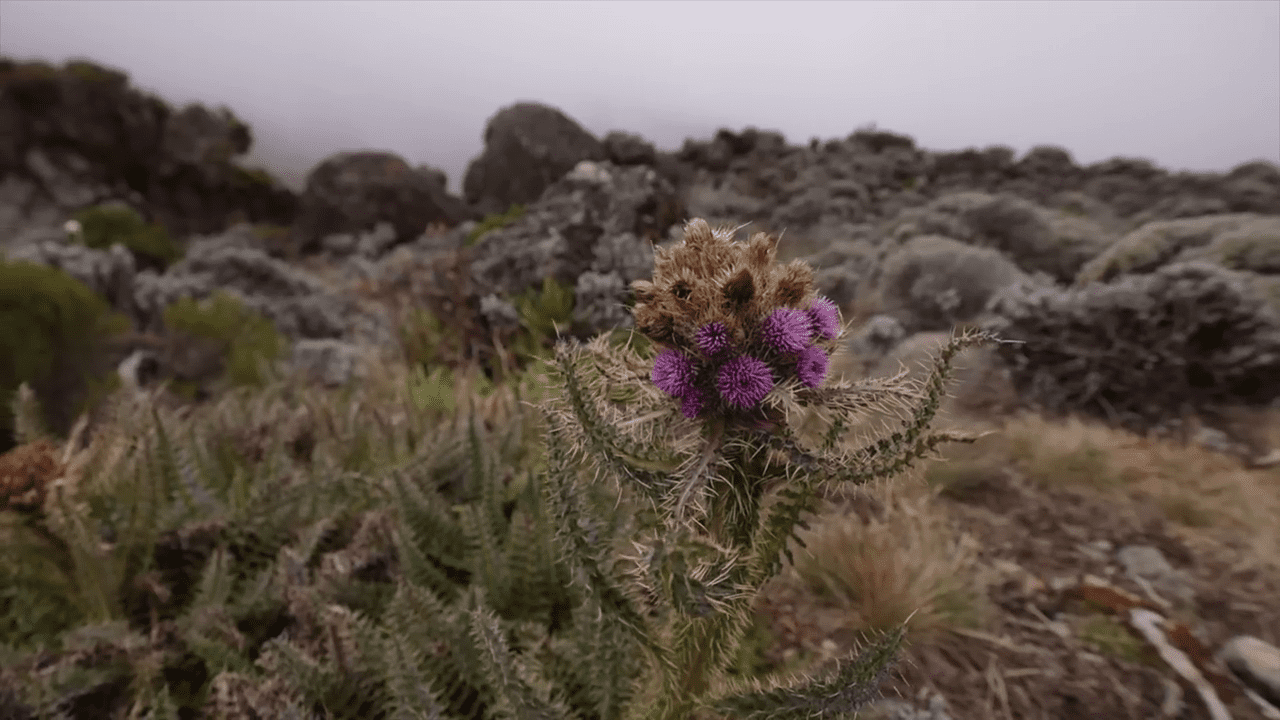
Introduction: Why Experience Matters on Kilimanjaro
When tackling Mount Kilimanjaro, your guide is far more than just a route leader—they’re the single most important factor influencing your safety, health, and ultimate summit success. The experience level of a guide can mean the difference between reaching Uhuru Peak with confidence and turning back due to poor pacing, altitude sickness, or logistical mistakes.
In this article, we’ll unpack how a seasoned guide’s knowledge, instincts, and leadership can make or break your climb. Whether you’re a seasoned trekker or a first-timer, choosing a highly experienced guide—especially through a KPAP-partner like Eco-Africa Climbing—can greatly improve your odds of a safe and successful adventure.
Defining What an Experienced Kilimanjaro Guide Looks Like
Experience in guiding is not just about years in the field—it’s about depth, quality, and consistency. A truly experienced Kilimanjaro guide:
- Has summited Kilimanjaro successfully dozens or even hundreds of times
- Holds certifications like Wilderness First Responder (WFR)
- Has received positive client feedback and testimonials
- Is affiliated with a licensed, KPAP-audited tour operator
- Understands how to read client energy levels, symptoms, and mood shifts
At Eco-Africa Climbing, our lead guides have over 1000 successful summits combined and are re-certified annually in first aid and mountain safety procedures.
How an Experienced Guide Boosts Your Summit Success Rate
Summiting Kilimanjaro is a complex balance of endurance, altitude adaptation, and mental strength. An experienced guide knows how to pace you through every stage of that journey. Here’s how their know-how boosts success:
- Pacing: Guides regulate your ascent to help you acclimatize, avoiding the “too fast, too soon” mistake that leads to AMS.
- Route Selection: Knowledge of optimal acclimatization routes (like Lemosho or Northern Circuit) makes a huge difference in success rates.
- Decision-Making: Experienced guides recognize subtle signs of fatigue or illness and make smart calls about rest, speed, and route adjustment.
Studies and local stats show that climbers with experienced guides—especially those trained in altitude care—have up to a 40% higher summit success rate than unguided or poorly guided groups.
Medical Decision-Making at Altitude: A Guide’s Crucial Role
Altitude illness is one of the top causes of evacuation on Kilimanjaro. It starts subtly—headaches, nausea, fatigue—but can escalate quickly. A skilled guide doesn’t just monitor vitals; they interpret what those signs mean and act decisively.
At Eco-Africa Climbing, our guides carry emergency oxygen, pulse oximeters, and complete medical kits. More importantly, they’re trained to assess when to descend, when to rest, or when to call in evacuation—sometimes saving lives with those decisions.
Their altitude-specific medical training also allows them to:
- Spot AMS, HAPE, and HACE early
- Coach clients through hydration, breathing, and acclimatization exercises
- Use rest stops and night camps effectively to help recovery
Navigation and Route Planning Based on Real Mountain Conditions
The mountain doesn’t always match the map. Fog, rain, snow, or trail degradation can force route changes. Experienced guides know when and how to pivot—safely.
They rely on local knowledge, weather signs, and backup strategies to:
- Avoid landslides or washed-out paths
- Shift camps if conditions worsen
- Find cleaner water sources and safe rest zones
Newer or undertrained guides may rely too heavily on GPS or basic route logic, while veterans use a mix of instinct, history, and communication with other guides to keep you safe and on track.
Client Support Strategies: Personalized Care from Experienced Guides
Experienced guides excel in providing personalized support tailored to each climber’s needs. They monitor individual health indicators, adjust the pace accordingly, and offer encouragement during challenging segments. This attentive care ensures that climbers remain physically and mentally prepared for the ascent.
Key support strategies include:
- Regular Health Checks: Monitoring vital signs to detect early signs of altitude sickness.
- Customized Pacing: Adjusting the trekking speed based on individual fitness levels and acclimatization responses.
- Emotional Support: Offering motivation and reassurance to boost morale during difficult stretches.
Such personalized attention from seasoned guides significantly enhances the overall climbing experience and increases the likelihood of a successful summit.
Expert Pacing: The Art of ‘Pole Pole’
“Pole pole,” meaning “slowly slowly” in Swahili, is a mantra on Kilimanjaro. Experienced guides understand the importance of a steady, deliberate pace to facilitate proper acclimatization and reduce fatigue. They set a rhythm that allows climbers to conserve energy and adapt to the thinning air.
Benefits of expert pacing include:
- Improved Acclimatization: Allowing the body to adjust gradually to higher altitudes.
- Reduced Risk of Exhaustion: Preventing overexertion by maintaining a manageable pace.
- Enhanced Enjoyment: Providing opportunities to appreciate the surroundings and experience the journey fully.
By adhering to the “pole pole” approach, experienced guides help climbers reach the summit safely and enjoyably.
Route Safety: Navigating Challenges with Expertise
Kilimanjaro’s diverse terrain presents various challenges, from steep inclines to unpredictable weather conditions. Experienced guides possess in-depth knowledge of the mountain’s routes and potential hazards, enabling them to make informed decisions to ensure safety.
Their expertise allows them to:
- Identify Safe Paths: Choosing routes that minimize exposure to risks like rockfalls or slippery surfaces.
- Respond to Emergencies: Implementing contingency plans in case of sudden weather changes or health issues.
- Manage Group Dynamics: Ensuring that all climbers stay together and receive appropriate support.
This level of preparedness and adaptability is crucial for a secure and successful climb.
Gear Knowledge: Ensuring Proper Equipment Usage
Proper gear usage is vital for comfort and safety on Kilimanjaro. Experienced guides are well-versed in the necessary equipment and can provide valuable advice on gear selection, maintenance, and usage.
Their guidance includes:
- Pre-Climb Gear Checks: Verifying that all equipment is suitable and in good condition.
- Instruction on Usage: Teaching climbers how to use gear effectively, such as adjusting trekking poles or layering clothing appropriately.
- Problem-Solving: Addressing gear issues promptly to prevent discomfort or injury.
With a knowledgeable guide, climbers can feel confident in their equipment, contributing to a more enjoyable and successful ascent.
Motivation and Morale: The Psychological Edge
Climbing Kilimanjaro is as much a mental challenge as a physical one. Experienced guides play a pivotal role in maintaining high morale among climbers, offering encouragement, sharing stories, and fostering a positive group atmosphere.
Their support helps climbers to:
- Overcome Doubts: Providing reassurance during moments of uncertainty or fatigue.
- Stay Focused: Keeping attention on the goal and the steps needed to achieve it.
- Build Camaraderie: Encouraging team spirit and mutual support among group members.
This psychological support is often the key to pushing through challenging moments and reaching the summit.
Cultural Insight and Local Knowledge Add Depth to the Journey
One often overlooked benefit of climbing with a seasoned local guide is the rich cultural and environmental knowledge they bring to the trek. Experienced guides from companies like Eco-Africa Climbing share stories of the Chagga people, explain the sacred meaning of the mountain, and help you better understand Tanzania’s vibrant culture.
Here’s how cultural insight enhances your climb:
- Deep Connection to the Land: Guides often have grown up near Kilimanjaro and view it as more than just a mountain—it’s a source of identity.
- Storytelling and History: Learn about colonial history, myths, and local conservation efforts as you climb.
- Language Immersion: Pick up Swahili phrases and local greetings, enriching your engagement with crew and porters.
The mountain comes alive when seen through the eyes of a guide who calls it home. This added layer of meaning makes every step more rewarding.
Weather Adaptability: Managing Kilimanjaro’s Changing Conditions
Kilimanjaro’s microclimates can shift in minutes—from hot sunshine to sleet or hail. Experienced guides prepare for all weather scenarios and know how to react quickly to sudden changes. Their adaptability minimizes discomfort and maximizes safety.
They are trained to:
- Forecast Mountain Weather: Based on cloud movement, temperature shifts, and wind patterns.
- Adjust Daily Plans: Alter trekking times to avoid mid-afternoon storms or early morning frost.
- Protect Team Well-Being: Ensure climbers stay warm, dry, and safe through layering strategies and campsite shifts.
Unpredictable weather is one of the biggest risks on Kilimanjaro—and experienced guides are your best defense.
Communication Skills That Build Trust and Unity
A guide’s ability to lead isn’t just technical—it’s emotional and interpersonal. Those with years of experience know how to build rapport, defuse tension, and create a positive group atmosphere. This soft skillset is vital on a mountain where stress, altitude, and fatigue can take their toll.
Top communication traits of expert guides:
- Clear and Calm Instructions: Especially during tough conditions or medical situations.
- Inclusive Leadership: Involving all trekkers in decisions, encouraging mutual respect.
- Conflict Management: Preventing or resolving misunderstandings among team members.
The best guides make you feel like part of a mountain family. That camaraderie can be the extra push that gets you to the top.
Conclusion: Experience Is the Greatest Asset on the Mountain
There’s no question that a guide’s experience level significantly impacts your safety, comfort, and chance of summit success on Mount Kilimanjaro. From life-saving altitude assessments to emotional support on summit night, experienced guides provide far more than just directions—they deliver the confidence and competence that make the climb possible.
At Eco-Africa Climbing, we take pride in our team of seasoned professionals who’ve led thousands of trekkers to Uhuru Peak safely and joyfully. Don’t gamble with your once-in-a-lifetime adventure—choose the experience that matters.
Frequently Asked Questions (FAQs)
What qualifies a guide as experienced on Kilimanjaro?
A truly experienced guide has led numerous successful summits, holds WFR certification, is TANAPA licensed, and works with a reputable company like Eco-Africa Climbing.
How does experience help with altitude sickness?
Experienced guides recognize early signs of AMS, HAPE, or HACE and know when to slow down, rest, descend, or administer emergency oxygen to keep you safe.
Is it okay to climb with a less experienced assistant guide?
It’s normal for assistant guides to be in training, but your lead guide should always be highly experienced. Reputable companies like ours ensure proper mentorship and oversight on every climb.
Do experienced guides offer better summit success rates?
Yes. Climbers with experienced, certified guides have significantly higher success rates due to better pacing, altitude care, and morale support.
How can I verify a guide’s experience?
Ask for their summit history, certifications, and client reviews. You can also check platforms like TripAdvisor for feedback on individual guides.
Climb Kilimanjaro with Experienced, Trusted Guides
Ready to climb with confidence? Join us at Eco-Africa Climbing—where experience meets integrity, safety, and 7-star service. Our handpicked guides are the best in the business, combining world-class training with a passion for people and nature.
Check out our most recommended routes for a successful climb:
Get started by requesting a free quote or contacting us directly.
Share:
Related Posts
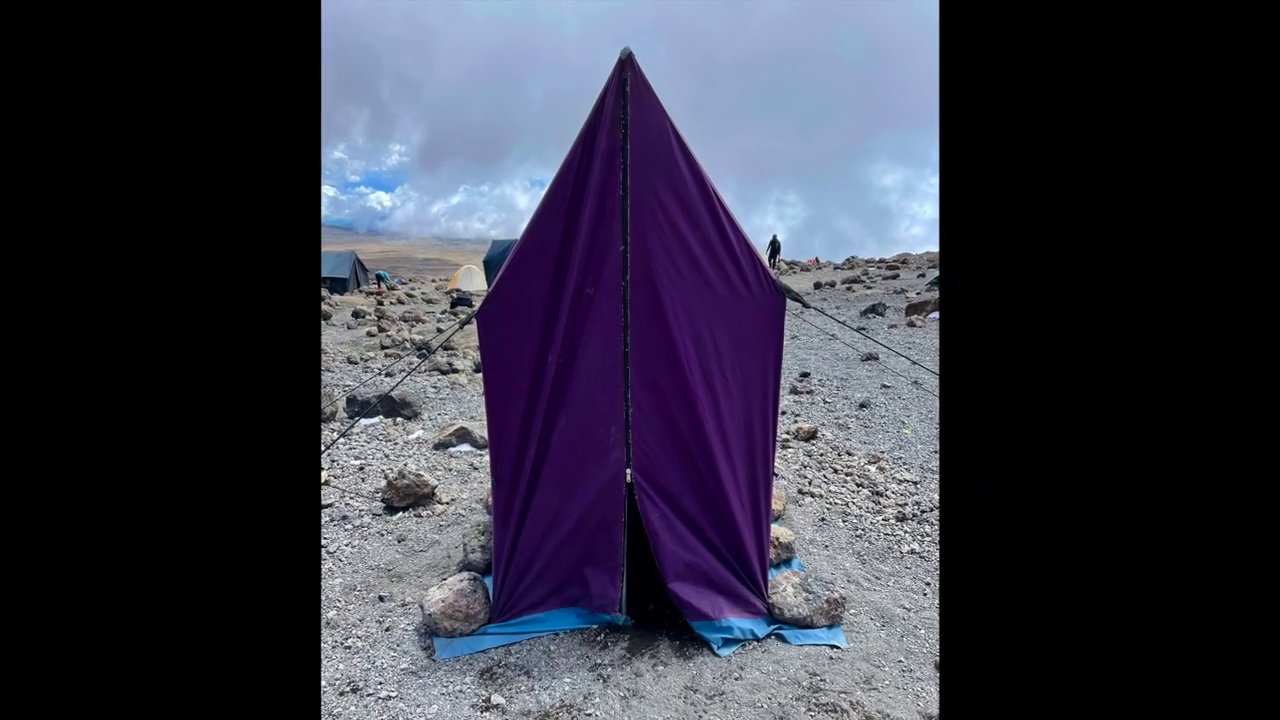
bathroom on mountain kilimanjaro
Bathroom on Mountain Kilimanjaro: What to Expect and How to Prepare Introduction One of the most common — and least discussed — questions from people
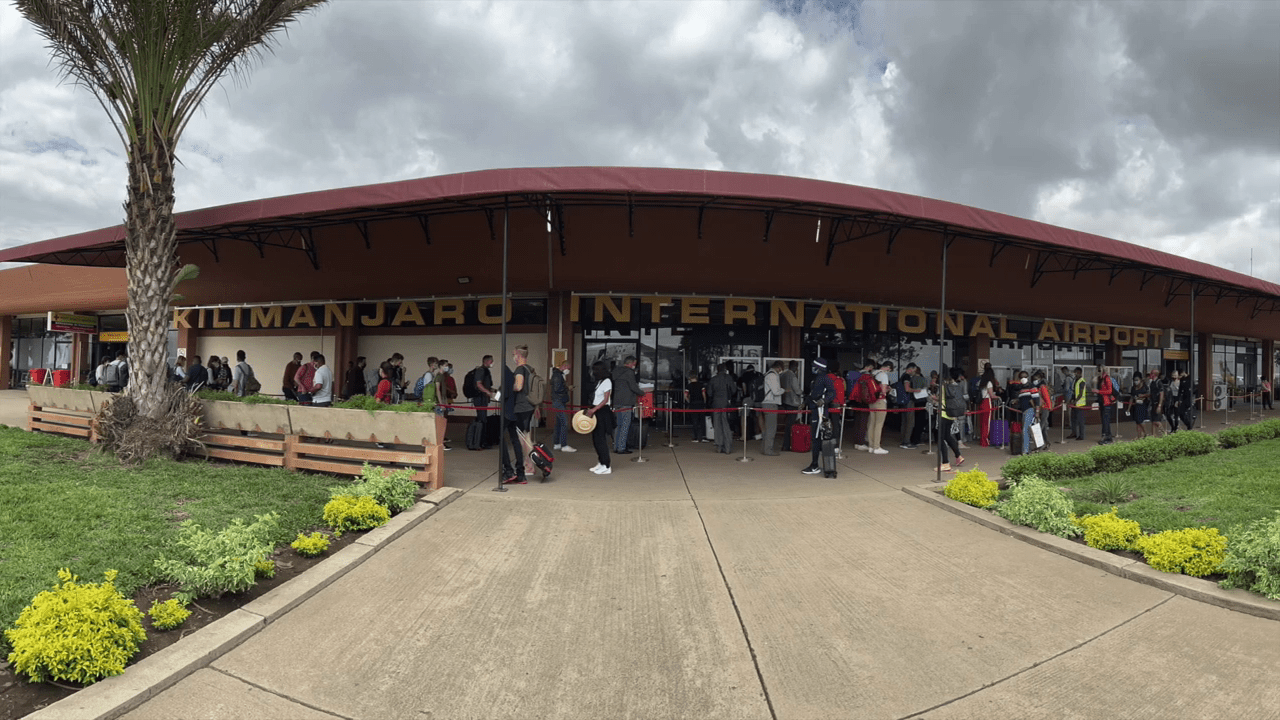
Are Guides Readily Available in Tanzania Without Prior Booking?
Are Guides Readily Available in Tanzania Without Prior Booking? Introduction: Should You Risk Climbing Without Pre-Booking? Climbing Mount Kilimanjaro is a dream for many adventurers.
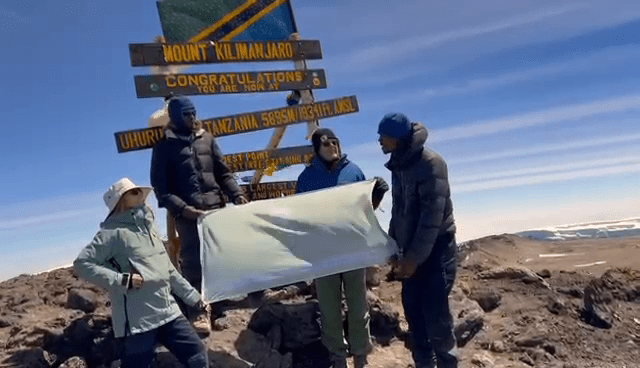
How Can I Find a Reliable Local Guide for My Kilimanjaro Expedition?
How Can I Find a Reliable Local Guide for My Kilimanjaro Expedition? Introduction: Why the Right Guide Is Key to Kilimanjaro Success Climbing Mount Kilimanjaro
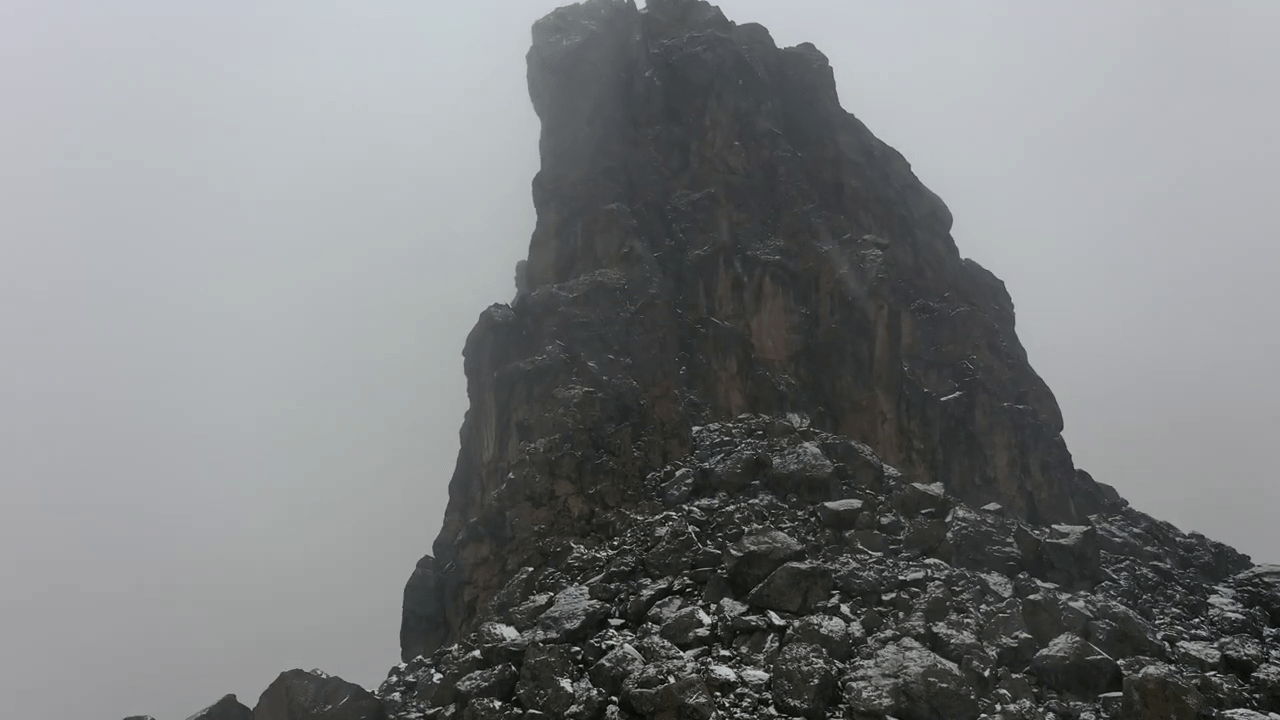
Is Climbing Kilimanjaro Dangerous for Individuals Without Mountaineering Experience?
Is Climbing Kilimanjaro Dangerous for Individuals Without Mountaineering Experience? Introduction: The Myth of Danger and Experience Many aspiring adventurers wonder if climbing Mount Kilimanjaro is
